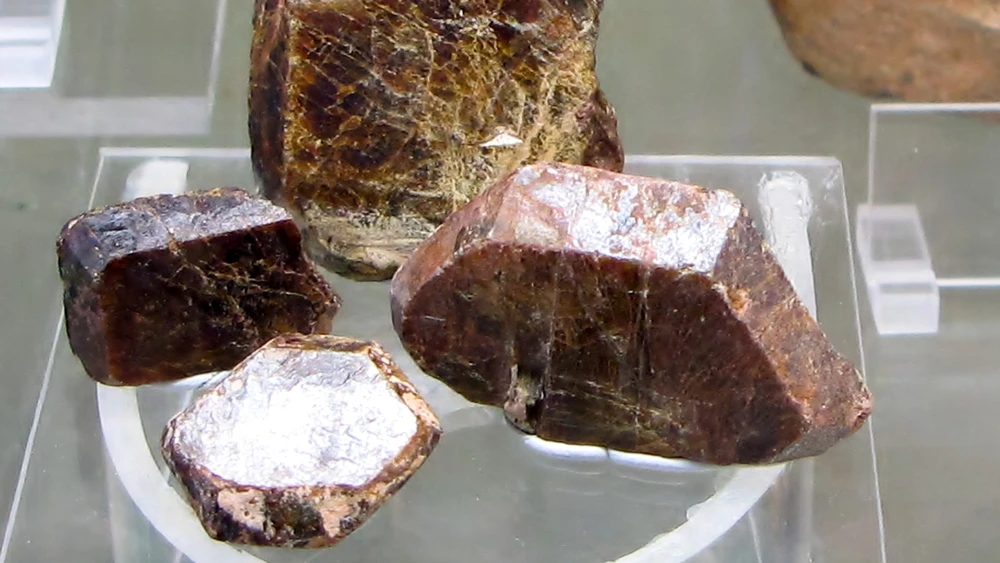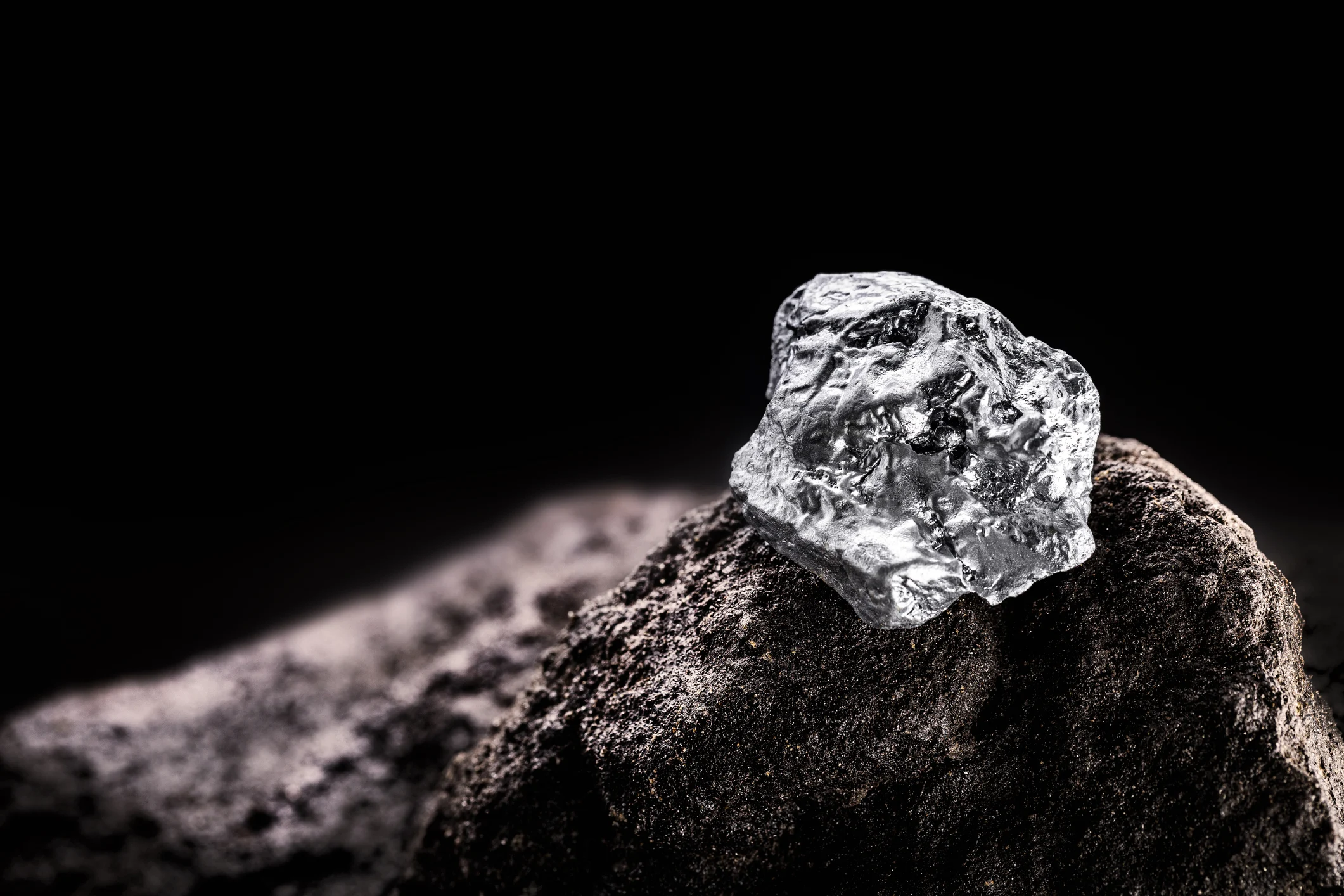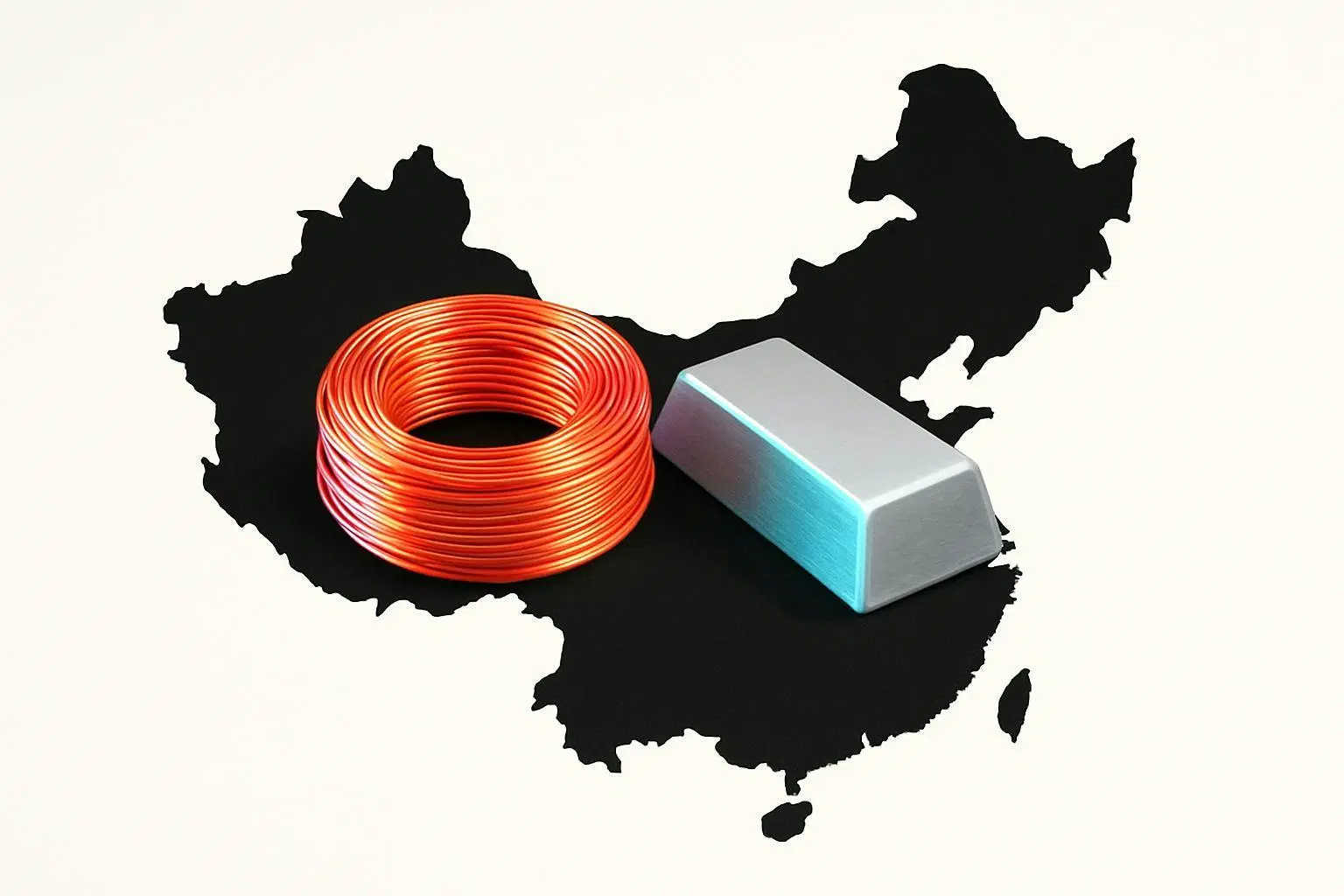Metal Markets

Can Turkey Become a Rare Earth Element Power?

Turkish President Recep Tayyip Erdoğan frames the supposed discovery of 694 million tons of rare earth element reserves in Beylikova, Eskişehir, as a strategic opportunity to place Turkey among the top global producers of rare earth elements. The deposit’s near-surface position and greater than 1 percent rare earth oxide grade reduces extraction costs, yet the project demands substantial infrastructure and sophisticated processing technology. Turkey operates pilot facilities to test extraction and aims to scale output to 10,000 tons of rare earth oxides and 570,000 tons of ore annually, targeting high-value products such as alloys and permanent magnets. Meanwhile, confirmation and certification by the Joint Ore Reserves Committee code remains pending, a key step to attract investment and market confidence.
Turkey pursues international partnerships to acquire the necessary know-how, addressing its technological gap.
The Beylikova deposit contains ten of the seventeen rare earth elements, offering commercially promising ore grades. Mining the ore itself is straightforward but separating individual rare earth elements requires complex and taxing solvent extraction technology, of which China controls over 80 percent of global capacity. Turkey pursues international partnerships to acquire the necessary know-how, addressing its technological gap. Environmental risks compound these challenges: The site’s proximity to farmland raises concerns about chemical runoff and soil or water contamination, which has stalled similar projects in Sweden and elsewhere. Furthermore, the presence of thorium in the deposit necessitates careful radioactive material handling, amplifying environmental management responsibilities.
Economically, Beylikova favors light rare earth elements, which face oversupply and sell for $5-$10 per kilogram, while heavier, more valuable rare earth elements such as neodymium and praseodymium remain less abundant but see soaring demand due to their critical role in magnets for green technologies. Full-scale development could require billions of dollars in investment, with returns hinging on global prices and projected quadrupling of demand by 2040. Effective management would allow Turkey to export raw concentrates initially and refine products later, potentially boosting gross domestic product by tens of billions of dollars annually. Without technology transfers, however, Turkey risks becoming a low-margin supplier, repeating the challenges that other emerging producers face.
Global resource competition shapes Turkey’s strategic timing. Ankara aligned its announcement with ongoing U.S. discussions on technology sharing and cooperative research, following slowed negotiations with China and Russia, in which Beijing allegedly demands equity stakes. In response to U.S. tariffs under President Donald Trump, China tightened export controls on rare earth elements, banned technology transfers in April 2025, and will restrict shipments of seven elements for non-military use starting in November 2025.
Because China supplies 78 percent of U.S. rare earth elements, these measures disrupt supply chains and will spike prices 20-30 percent. By highlighting Beylikova’s potential, Turkey positions itself as a strategic U.S. and NATO partner, leveraging the deposit to secure concessions while avoiding overreliance on any single country—an integral feature of its “multi-vector” foreign policy.
Turkey could supply 10-20 percent of non-Chinese rare earth oxide, supporting Western initiatives to diversify supply chains and counter Beijing’s influence. A U.S.-Turkey partnership, potentially including joint refineries, could mirror deals with Canada and Australia, weakening China’s pricing power and supporting Europe’s REPowerEU strategy. Emerging producers such as Indonesia (nickel) and Chile (lithium) are observing Ankara’s approach closely, viewing it as a model for balancing economic ambition with geopolitical maneuvering. Successful independent reserve certification and scaled-up processing would elevate Turkey’s role in global critical mineral supply chains.
Domestically, authorities present the discovery as a development that strengthens economic growth, resource management, and industrial self-sufficiency. The announcement aligns with ongoing discussions about long-term economic strategy, including addressing inflation and enhancing industrial capabilities. Analysts caution that projected benefits could overstate reality, emphasizing challenges in local development and the need for careful investment and planning.
Scaling up demands advanced technology, substantial investment, and strict environmental safeguards.
Geological potential emerges from drilling 310 sites across 125,000 meters. Since 2023, state-owned Eti Maden has run a pilot plant processing 1,200 tons of ore annually to produce seven rare earth elements and their oxides. The greater-than-1-percent rare earth oxide grade meets industry profitability thresholds of 0.5-2 percent for bastnäsite ores like Beylikova’s. Scaling up demands advanced technology, substantial investment, and strict environmental safeguards. Failing to address these factors will prevent the deposit from delivering its projected economic impact and it risks joining other overhyped mineral projects that underperform due to ecological concerns or market volatility.
Turkey prioritizes economic planning and strategic resource management when developing Beylikova. The site offers a chance to reduce dependency on large manufacturers, diversify global rare earth element supply chains, and boost national involvement in international trade. Transparent geological assessments, environmentally responsible extraction methods, international cooperation, and careful market management all contribute to realizing these advantages. Effective development boosts economic growth, increases industrial output, and strengthens regional and international mineral markets. Delays or mismanagement, however, will diminish the deposit’s impact. Turkey has an opportunity, but it is far from certain that it will succeed.












